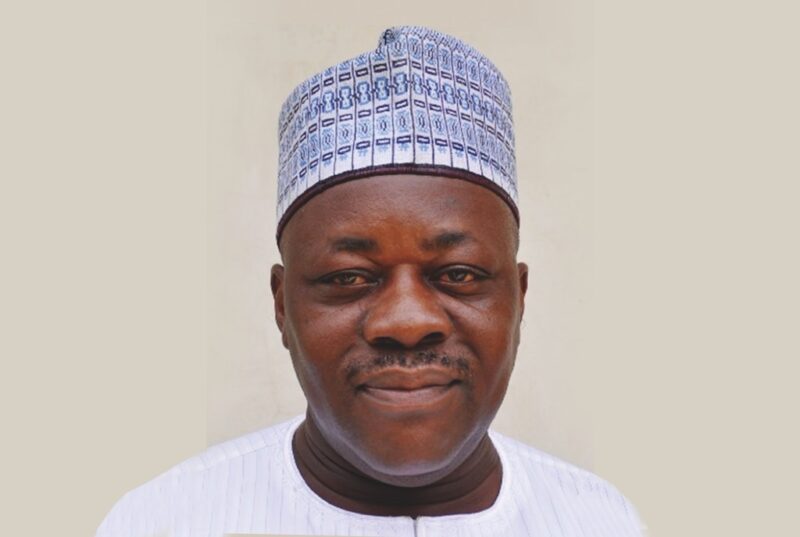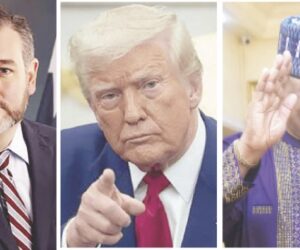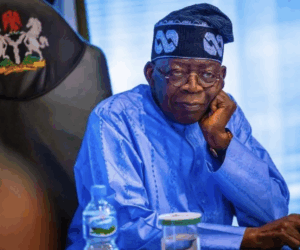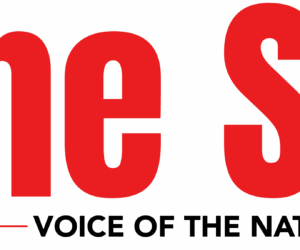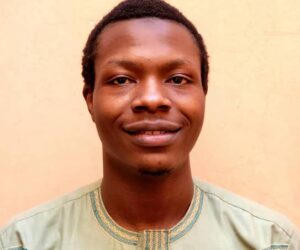During his inauguration, President Tinubu announced with aplomb his cancellation of petroleum subsidy. He appeared to expect grateful thanks from Nigerians for depriving them of their only benefit from government – cheaper petrol and appeared surprised at the massive criticisms he received. It was interesting that his government had not even prepared any policy responses on palliatives to cushion the exceptional cost of living crisis that followed. Nigerians were surprised to find out that the politician they thought was in step with their concerns and expectations was actually very far from them. So many similar issues have arisen since then.
This week, President Bola Tinubu was forced by massive public disquiet to review the list of individuals granted presidential pardon, clemency or sentence reduction. The Government reduced the total number of beneficiaries from 175 to 86. As part of the review, names of persons convicted of serious crimes, including kidnapping, drug-related offences, human trafficking, fraud, and unlawful possession or dealing in firearms, were deleted from the list. It was a revealing issue. I have not met any Nigerian that believed there was any justification for clemency for many of the criminals pardoned. Given the President’s own dark clouds on drug related legal issues in the United States years ago, I was taken aback that his staffers did not see the risk of an assumption that there was a correlation between the President’s history and the clemency. Clearly, the initial decision to grant state pardon and clemency to about 50 convicted drug offenders was bound to generate widespread criticism. Nigerians were also concerned about the impact of such leniency in undermining Nigeria’s anti-narcotics campaign. The inclusion of convicted murderer, Maryam Sanda, in the list was also deeply offensive to millions of Nigerians shocked at the gruesome manner in which she had killed her husband.
One interesting item on the list was the granting of a posthumous pardon to Herbert Macaulay, a Nigerian nationalist and co-founder, along with Dr Nnamdi Azikiwe, of the National Council of Nigeria and the Cameroons (NCNC). Macaulay was the party’s first president, which played a pivotal role in Nigeria’s struggle for independence. However, in 1913, Macaulay was believed to have been framed and unjustly convicted by the British colonialists and banned from public office. Macaulay died in 1946 while the stigma of being an ex-convict remained attached to his name. In a Nigeria where history had not been taught for decades, very few people knew of the Macaulay story and the benefit that could have accrued from the act was lost. No attempt at pedagogy on the issue was done by the government. Another opportunity lost.
When the alleged coup story broke out recently, it was quickly dismissed by the Defence Headquarters, which announced that there was no coup and that what happened was the arrest of 16 officers over disciplinary issues that had no link to any coup. Nigerians thought that was the end of the story. Rumours however persisted that there has been an attempt to disrupt Nigeria’s 26-year democratic run. So far, 42 officers have been reported by the press to have been picked and are being interrogated to establish the depth of their involvement in the alleged coup. Meanwhile, the Special Adviser on Media and Public Communication to the President, Sunday Dare, had said that the Presidency fully aligns with the position of the military authorities on the matter that there was no coup attempt. Thereafter, the service chiefs were all removed from their offices keeping the coup story on line. The people made a direct correlation between the removal of the service chiefs and the apparent veracity of the coup story.
Even on banal issues, gaps between the government and the people continue to widen. The Minister of Education, Dr. Maruf Tunji Alausa for example announced a policy change regarding the compulsory nature of a credit pass in Mathematics for admission into Arts and Humanities courses in tertiary institutions. This initial announcement sparked significant debate among education stakeholders. Following the critical public reaction that occurred in response, the Federal Ministry of Education issued a clarification stating that while the admission requirement for certain Arts programs had changed, Mathematics remains a compulsory subject for all students to register for and sit for in their O-Level examinations, further confusing everybody.
What is clear about the Tinubu Administration is that there is insufficient consideration and reflection preceding the announcement of government policies. Nigerians are continuously taken for granted. It is also clear that poor strategic communication remains a significant challenge for the Bola Tinubu administration, leading to public scepticism, information vacuums filled by fake news, and a perception of disconnect from citizens’ hardships.
One of the most serious elements widening the gap is the government’s persistent assurances of significant progress on the security front which contrasts sharply with citizens’ views that insecurity is growing, spreading and deepening. Denying the reality of the spread of insurgency and mass killings places the government in the embarrassing position of being a purveyor of fake news that seeks to lull people into a false sense of security. The President’s choice to attend para political/campaign events instead of visiting crisis-ridden areas sends a message that he cares more about “political appearances than the lives of Nigerian citizens”. The result is a continuous decline in public trust as the gap between the government and citizens continues to widen.
A professor of Political Science and development consultant/expert, Jibrin Ibrahim is a Senior Fellow of the Centre for Democracy and Development, and Chair of the Editorial Board of PREMIUM TIMES.

